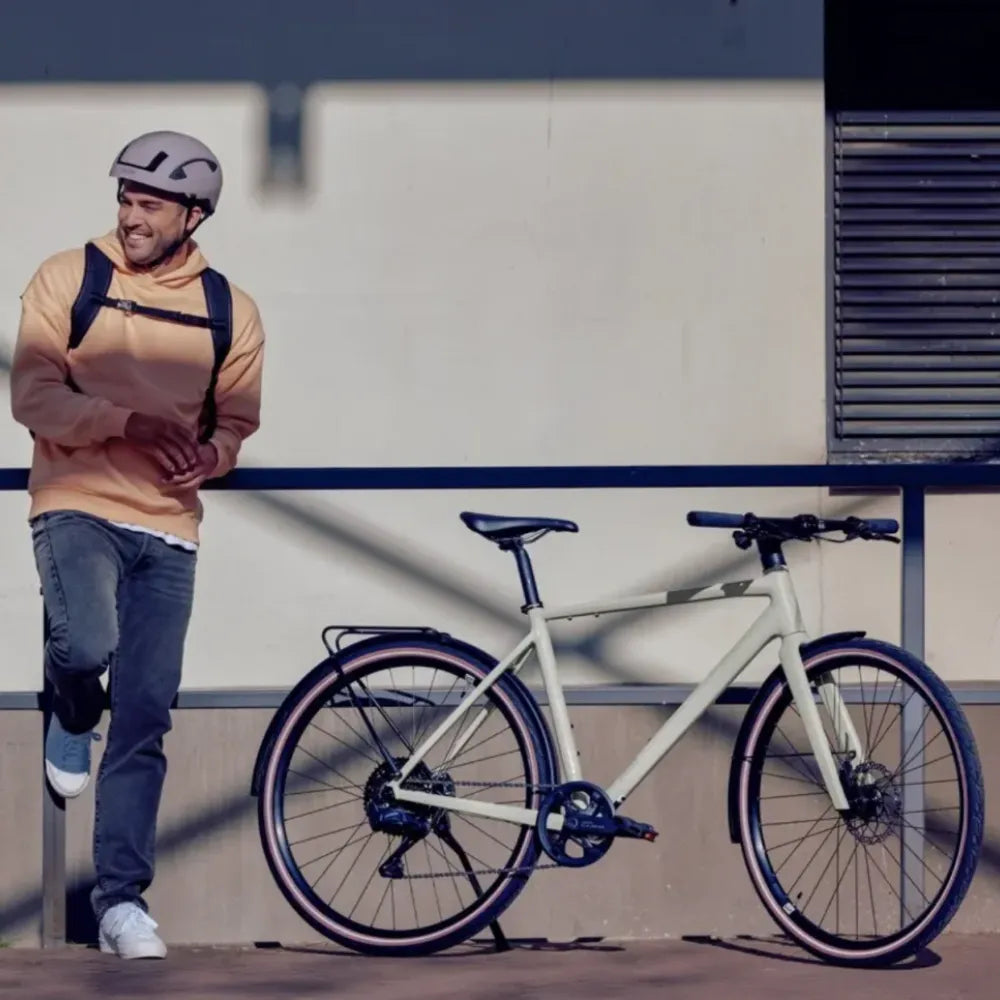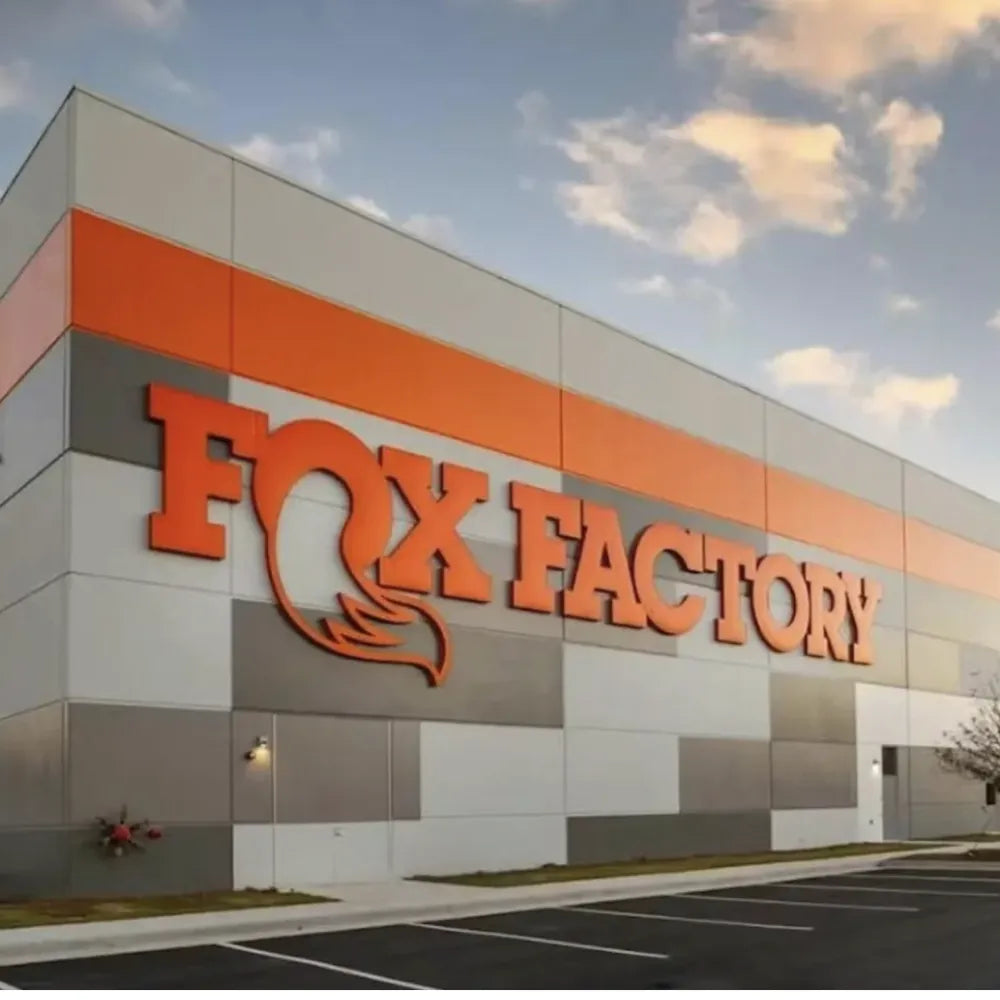Die diesjährige Eurobike-Messe scheint eher enttäuschende Ergebnisse geliefert zu haben. Das vollständige Fehlen von Branchengrößen wie Canyon, SPECIALIZED und DT SWISS hat die Attraktivität der Messe zusätzlich deutlich geschmälert.
Kürzlich gaben zwei einflussreiche Institutionen der deutschen Fahrradbranche – der Verband der Deutschen Fahrradindustrie (ZIV) und Zukunft Fahrrad – bekannt, ihre Zusammenarbeit mit der fairnamic GmbH und der Eurobike zu beenden. Gleichzeitig bestätigte die ISPO ihren Umzug von München nach Amsterdam im Jahr 2026.

Was hat dazu geführt, dass die Ausstellung ihren früheren Reiz verloren hat?
Seit dem Abschluss der 33. Europäischen Fahrradausstellung im Juni breitet sich Unzufriedenheit innerhalb der Branche aus.
Für Aussteller liegt das Hauptproblem in einem eklatanten Ungleichgewicht zwischen Aufwand und Ertrag. Die explodierenden Messekosten auf dem Frankfurter Messegelände spiegeln sich weder im kommerziellen Wert noch im Brancheneinfluss wider. Standgebühren belaufen sich oft auf Millionen, hinzu kommen versteckte Kosten wie Dekoration, Reisekosten und Personal – und all dies führt lediglich zu einem jährlichen Rückgang der Besucherzahlen und einer kontinuierlich sinkenden Auftragsquote. Da das Internet neue Produktinformationen leicht zugänglich macht und junge Käufer sich bei Kaufentscheidungen zunehmend auf YouTube-Rezensionen und Empfehlungen in ihrem Umfeld verlassen, verliert die Präsenzmesse an Bedeutung und wird allmählich zu einer „teuren Formalität“.
Für Fachbesucher haben die steigenden Ticketpreise – gepaart mit der Abwesenheit vieler bekannter Marken wie Bosch und Specialized – die Attraktivität der Messe erheblich geschmälert. Branchenriesen wie die Zweirad Einkaufs Genossenschaft (ZEG) und Bike & Co haben sich gegen eine Teilnahme an der Europäischen Fahrradmesse 2025 entschieden und veranstalten stattdessen eigene interne Events. Dies hat sich zweifellos spürbar auf die inhaltliche Ausrichtung der diesjährigen Messe ausgewirkt.
Eine tieferliegende Ursache liegt in den drastischen Veränderungen der Branchenstruktur. Handelskriege und wirtschaftliche Unsicherheit haben die gesamte Branche mit hohen Lagerbeständen konfrontiert. Marken waren gezwungen, konservative Strategien zu verfolgen, unnötige Ausgaben zu reduzieren und Zeit zu gewinnen, um ihre Lagerbestände abzubauen.
Das Fehlen großer Marken hat eine besorgniserregende Kettenreaktion ausgelöst: Händler und Fahrradgeschäfte bleiben fern, wodurch die Hersteller in die missliche Lage geraten, „auszustellen, ohne dass jemand kommt“. Die Lieferkette steht nun nicht mehr vor dem Problem der Präsenz, sondern vielmehr vor dem der Präzision – „Für wen genau ist die Präsenz gedacht?“

Frustration der Verbände: Plan für „grundlegende Änderungen“ abgelehnt
Laut den Verbänden wurde unmittelbar nach der diesjährigen Messe eine gemeinsame interne Feedback-Initiative gestartet und ein Zehn-Punkte-Plan entwickelt, der grundlegende Veränderungen für die Messe 2026 anstoßen sollte. Dieser Plan, auf den die Branche große Hoffnungen hegte, konnte jedoch in ausführlichen Beratungen mit den Anteilseignern des Messeveranstalters keine positive Resonanz erzielen.
„Unsere Mitglieder haben klare Ideen für die notwendigen strukturellen und inhaltlichen Anpassungen vorgelegt, aber leider glauben wir, dass diese Ideen wahrscheinlich nicht umgesetzt werden können“, sagte Ulrich Prediger, CEO von Zukunft Fahrrad, in einem resignierten Ton.
Bernhard Lange, Mitglied des Präsidiums des Verbandes der Deutschen Fahrradindustrie (ZIV), drückte sich deutlicher aus: „Wir glauben, dass die Anteilseigner der Messe nicht gleichermaßen bereit sind, die notwendigen Maßnahmen zur Anpassung der Messe an die zukünftige Entwicklung zu unterstützen.“

Branchenführer äußern ihre Standpunkte.
Mehrere Branchenführer haben sich zum gemeinsamen Rückzug geäußert:
- Klaus Fleischer, CEO von Bosch eBike Systems: „Die Branche erwartet, dass die Messe ein Erfolg wird, und das erfordert grundlegende Veränderungen – aber wir haben nicht gesehen, dass sich dies im Endergebnis widerspiegelt.“
- Dirk Sedler, Gründer der Sedler Group: „Wir haben diese Entscheidung nach sorgfältiger Überlegung getroffen und bedauern sie zutiefst. Aber jetzt müssen wir dies allen Beteiligten klar machen.“
Diese Stimmen kommen zu einer klaren Botschaft: Die Branche braucht keine kleinen Anpassungen mehr, sondern eine gründliche Überarbeitung mit dem Schwerpunkt auf der „Lösung der größten Probleme“.

Verbände versprechen, „etwas Neues zu schaffen“ – Eine neue Plattform ist in Arbeit
Trotz der Trennung von Eurobike wollen die beiden Verbände ihre Aktivitäten nicht einschränken. Sie betonen, dass der Bedarf der Branche an einer „starken gemeinsamen Plattform“ weiterhin dringend sei.
„Wir werden diesen Prozess zügig vorantreiben“, sagte Burkhard Stork, Geschäftsführer des Bundesverbands der Deutschen Fahrradindustrie. „Das Thema Branchenplattformen muss zukunftsorientiert angegangen werden, da wir alle vor enormen politischen und wirtschaftlichen Herausforderungen stehen.“
Diese Aussage lässt vermuten, dass die deutsche Fahrradindustrie eine völlig neue Ausstellungs- oder Austauschplattform entwickeln wird – eine, die besser auf die zukünftigen Bedürfnisse der Branche abgestimmt ist.
Unterdessen, nur zwei Tage bevor die Verbände ihren Rückzug bekannt gaben, enthüllte eine andere wichtige Branchenveranstaltung – die ISPO – Pläne, im Jahr 2026 von München nach Amsterdam umzuziehen.
Deuten die gleichzeitigen Veränderungen zweier traditionsreicher Messen auf eine umfassende Umstrukturierung der europäischen Messebranche hin? Und kann angesichts der aktuellen Probleme der Messebranche künftig ein neues Modell entstehen, das den Ansprüchen von Ausstellern und Einzelhändlern gerecht wird und gleichzeitig sicherstellt, dass Investitionen sich rentieren?















Hinterlasse einen Kommentar
Diese Website ist durch hCaptcha geschützt und es gelten die allgemeinen Geschäftsbedingungen und Datenschutzbestimmungen von hCaptcha.